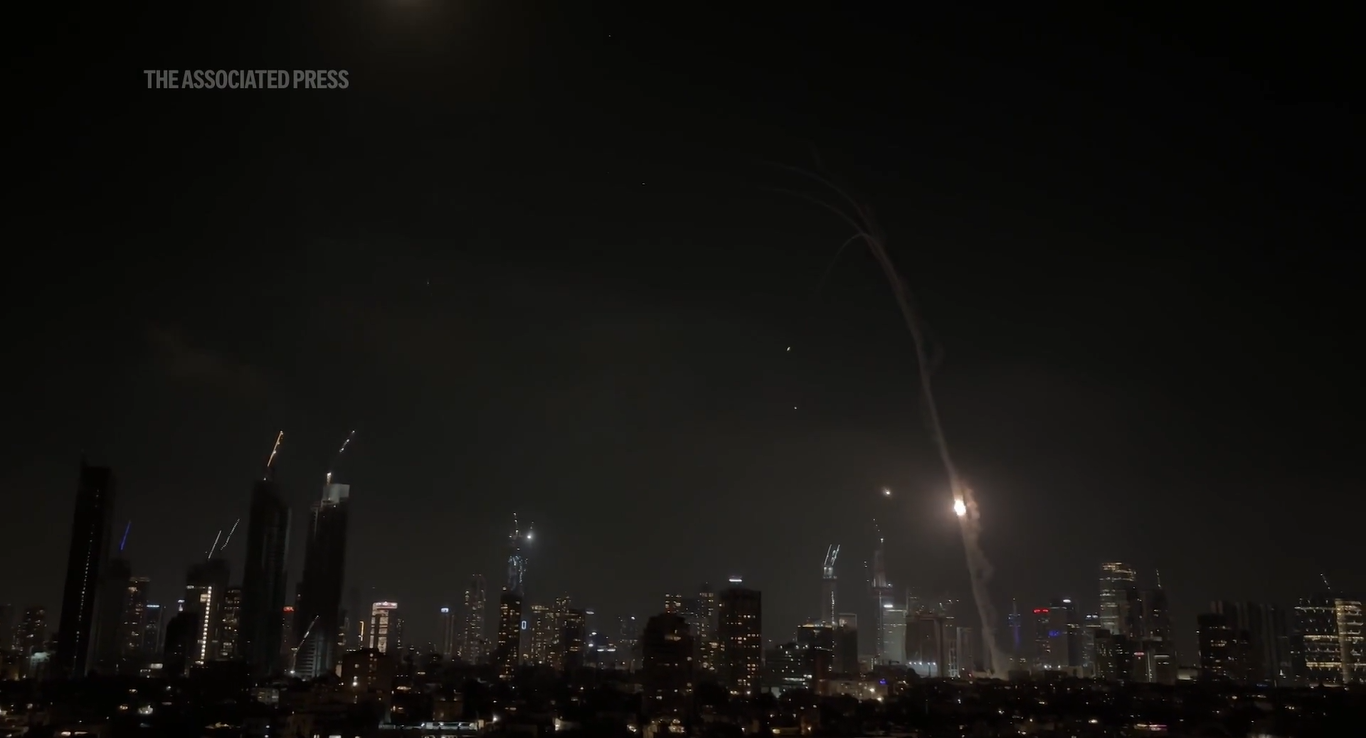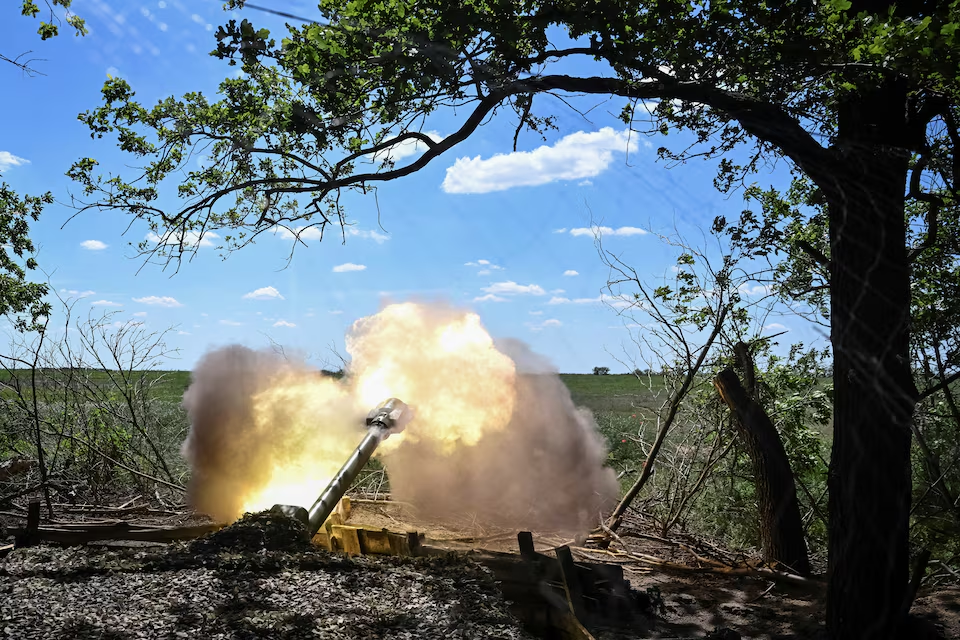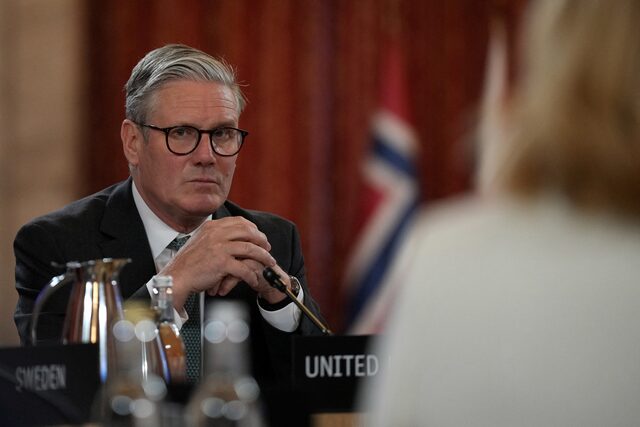A dramatic escalation in Middle East tensions unfolded on Friday as Israel launched a major military offensive against Iran’s nuclear infrastructure, prompting swift Iranian retaliation in what has become one of the region’s most dangerous confrontations in recent years.
Israel’s operation, reportedly named “Rising Lion,” involved around 200 fighter jets targeting approximately 100 Iranian sites. These included critical nuclear facilities in Natanz, Isfahan, and Fordow, as well as military installations and homes of high-ranking Islamic Revolutionary Guard Corps (IRGC) officials. The Israeli military stated the objective was to cripple Iran’s nuclear capabilities, which it claims are approaching weapons-grade development.
The strikes resulted in significant damage and casualties. Iranian media and international observers reported that at least 78 individuals were killed, including nuclear scientists, military personnel, and civilians. Among the dead are believed to be senior IRGC figures, including Commander Hossein Salami, Major General Mohammad Bagheri, and Aerospace Force chief Amir Ali Hajizadeh. Over 300 others were reportedly injured.
In retaliation, Iran launched a massive missile and drone assault on Israel just hours after the initial attack. Over 150 ballistic missiles and more than 100 drones were directed at Israeli cities nationwide, including Tel Aviv and Jerusalem. Air raid sirens were activated across the country, and the Iron Dome, alongside U.S.-deployed defense systems, intercepted a significant number of incoming projectiles.
Despite the defense efforts, at least five people were wounded near Tel Aviv, including some with moderate injuries. Additional light injuries from shrapnel were reported across affected areas. Israeli authorities have closed the country’s airspace, and travel disruptions are spreading globally due to the heightened security alert.
Prime Minister Benjamin Netanyahu addressed the nation following the attack, defending the strikes as a necessary step to prevent Iran from acquiring a nuclear weapon. “We will act against threats before they mature,” Netanyahu said. “This operation sends a clear message: Israel will not allow Iran to become a nuclear power.”
Iranian Supreme Leader Ayatollah Ali Khamenei condemned the Israeli offensive, vowing continued retaliation. “The Zionist regime has committed a grave crime,” he declared. “They will not escape the consequences.” Iran’s Revolutionary Guard warned that all U.S. and Israeli bases in the region are now legitimate targets, heightening concerns of a wider conflict.
The United States stated it had no involvement in Israel’s operation but confirmed it assisted in intercepting Iranian missiles as part of its regional defense commitments. “We are committed to protecting our personnel and allies,” said a Pentagon spokesperson. Former U.S. President Donald Trump, addressing the situation, urged Iran to return to nuclear negotiations, saying continued conflict would be “disastrous for the world.”
The United Nations Security Council convened an emergency session as world leaders reacted with alarm. UN Secretary-General António Guterres urged restraint from all sides and emphasized that diplomacy remains the only viable path forward. The European Union, United Kingdom, France, and Jordan also issued statements condemning the violence and calling for immediate de-escalation.
Global markets responded sharply to the news. Oil prices surged more than 7%, and major stock indices dropped significantly. The Dow Jones Industrial Average fell by 2%, while the S&P 500 slipped by 1.2%. Economists warned that prolonged instability could drive further price spikes and threaten global economic recovery.
With both Israel and Iran now on high alert, regional tensions have reached a critical juncture. Analysts fear the confrontation could expand beyond the two countries, drawing in Iranian proxy groups such as Hezbollah in Lebanon and militias in Iraq and Syria. U.S. and allied forces in the region remain on elevated alert as diplomatic efforts scramble to prevent further escalation.
As the situation continues to unfold, the potential for a broader war looms, with far-reaching consequences not only for the Middle East but for international stability at large.
Source; Associated Press



